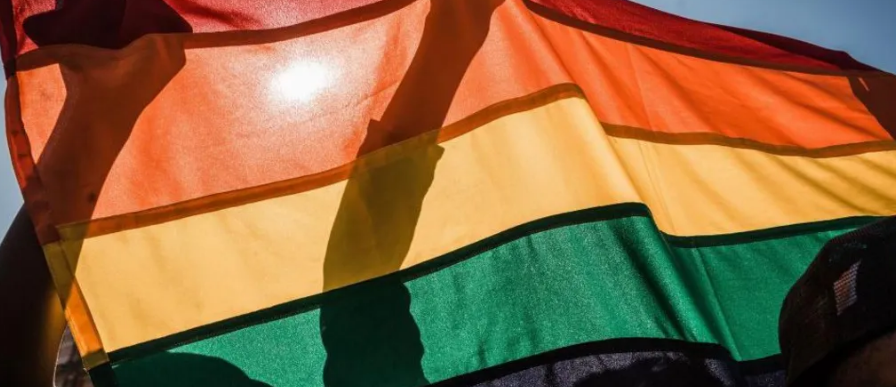The World Bank has lifted a two-year freeze on new lending to Uganda, reversing a decision it made in 2023 after the East African nation enacted one of the world’s harshest anti-LGBTQ laws.
The resumption of funding comes despite ongoing concerns from rights groups, who report continued violence, arrests, and evictions targeting LGBTQ individuals under the law. Passed in 2023, Uganda’s Anti-Homosexuality Act introduced severe penalties, including the death sentence for certain same-sex acts and up to 20 years in prison for “promoting” homosexuality.
In announcing the decision, a World Bank spokesperson said the institution is now confident that new “mitigation measures” will prevent discrimination against LGBTQ people in the projects it finances. “The World Bank cannot deliver on its mission to end poverty and boost shared prosperity on a livable planet unless all people can participate in, and benefit from, the projects we finance,” the spokesperson said.
The bank says it has worked with Ugandan authorities and other stakeholders to implement and test new anti-discrimination safeguards. As a result, it has approved new projects in key sectors such as education, social protection, and refugee support.
The World Bank is one of Uganda’s largest external financiers and has backed major infrastructure projects, including road networks and electricity access programs. Analysts say its support is crucial to Uganda’s development plans. However, critics argue that such funding models, often used by both the World Bank and the International Monetary Fund, risk creating long-term dependency and economic imbalances in poorer nations.
Uganda’s anti-LGBTQ law has drawn sharp condemnation from the international community. The UK-based group Open for Business estimated that the legislation cost Uganda between $470 million and $1.7 billion in lost foreign investment and aid in the year following its passage.
Despite this, the Ugandan government defends the law, claiming it reflects the conservative values of its population. Critics, however, argue that it is being used to deflect attention from domestic challenges such as high unemployment and political repression.
“It’s low-hanging fruit,” said Oryem Nyeko, a Uganda-based researcher at Human Rights Watch. “It’s being framed as something foreign and threatening to people’s children.”
While the World Bank insists its renewed involvement will not contribute to discrimination, human rights advocates warn that the law continues to embolden violence and persecution against LGBTQ individuals in Uganda. The full impact of the bank’s return to Uganda remains to be seen.


